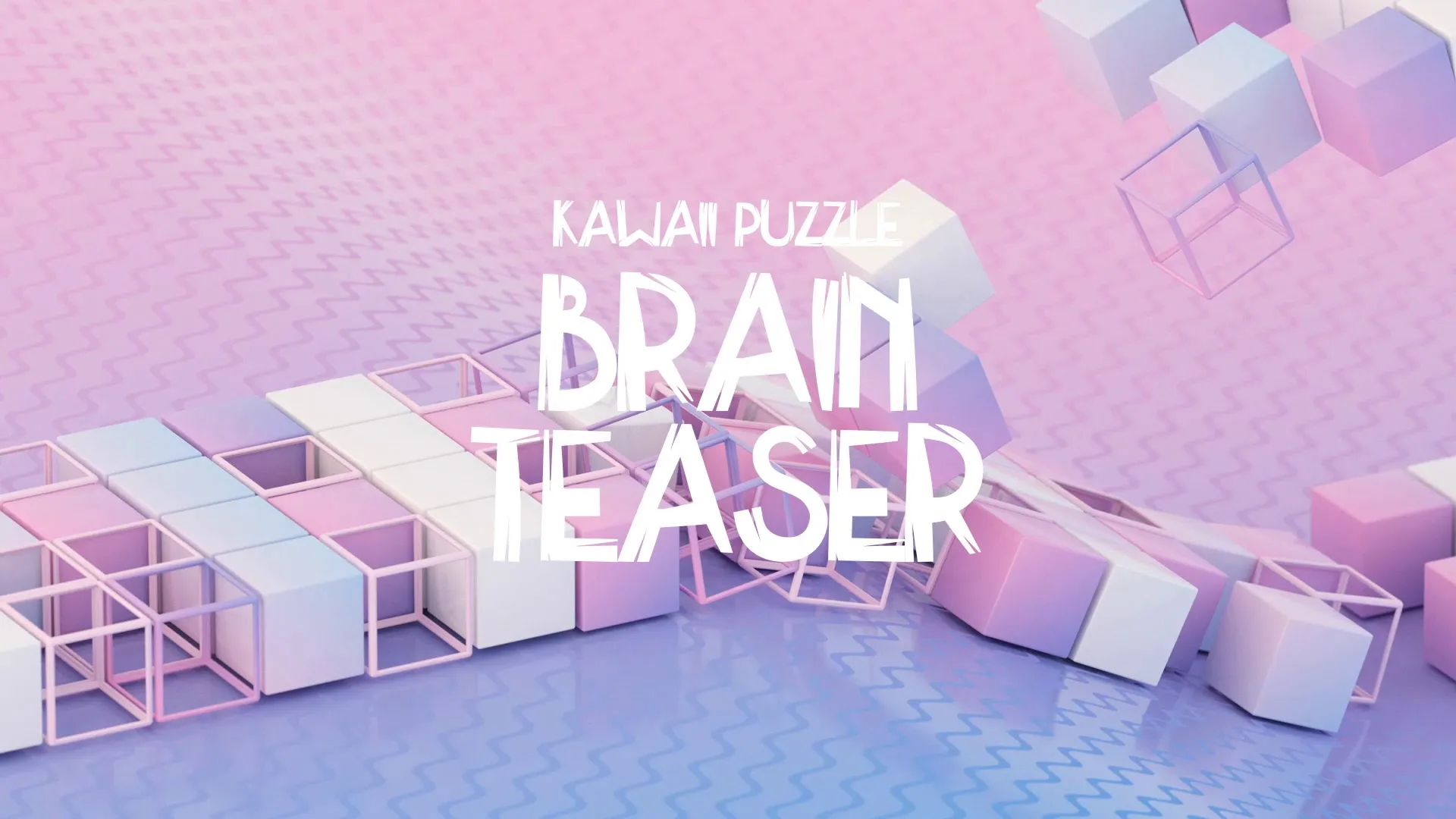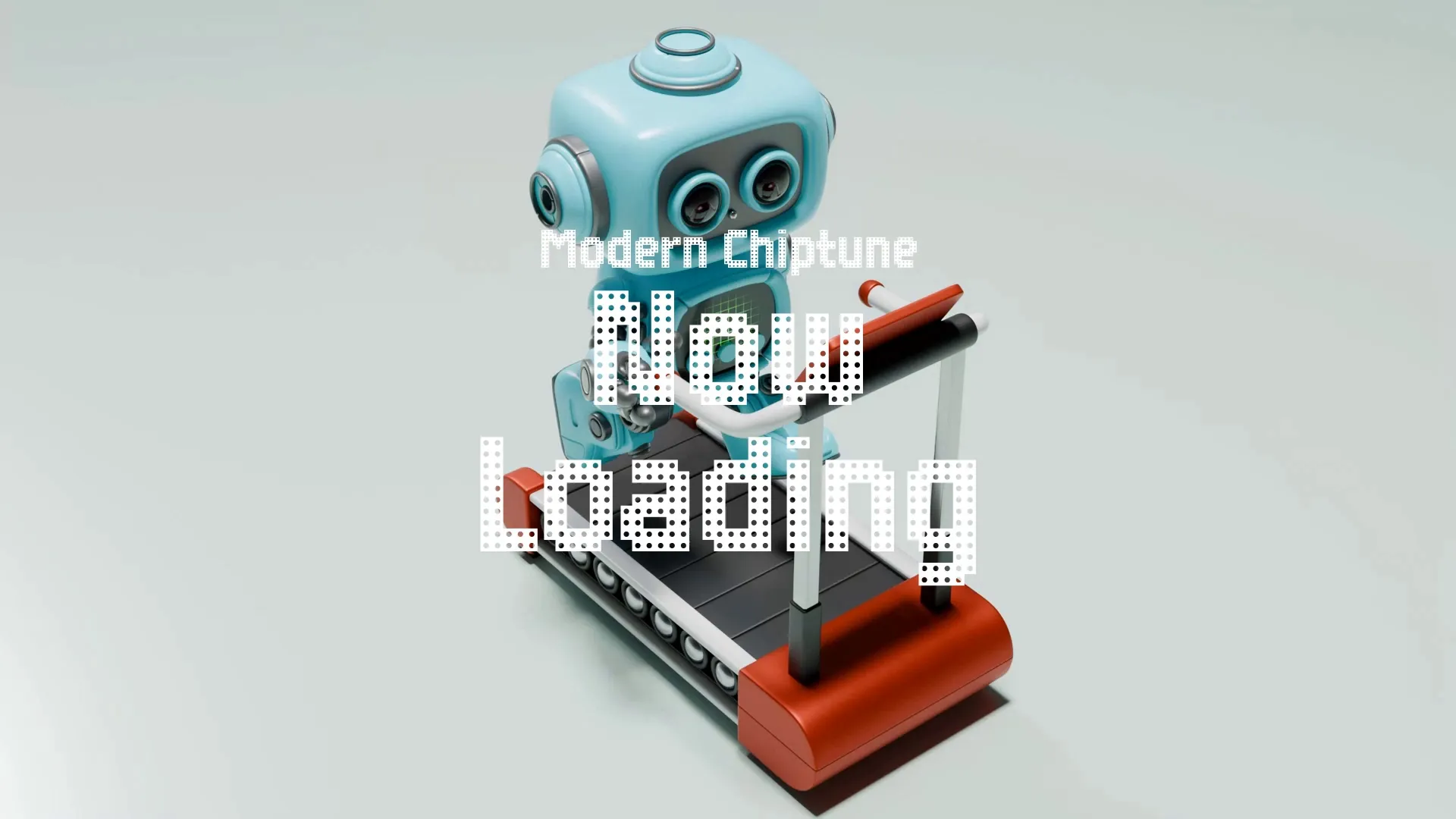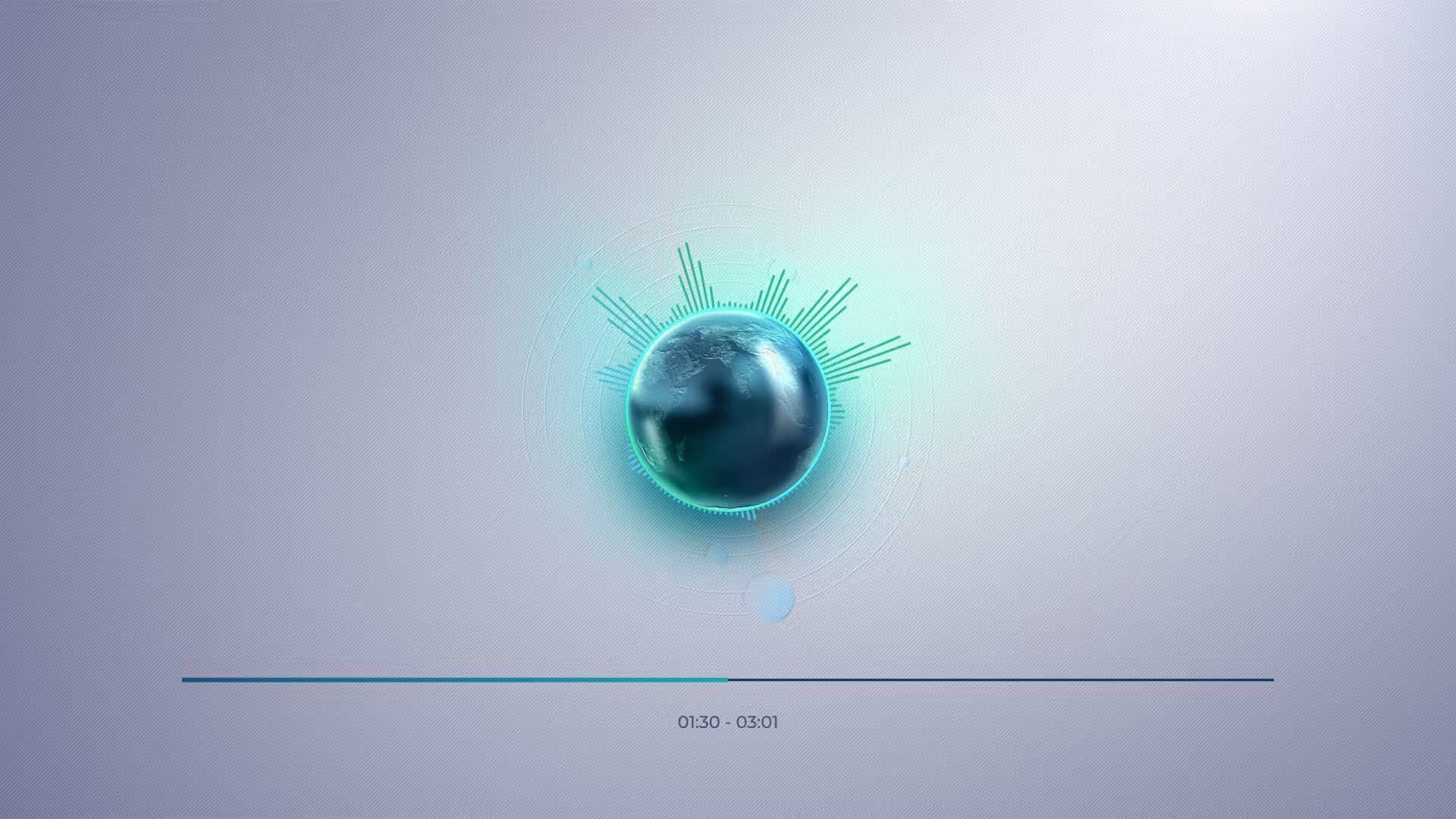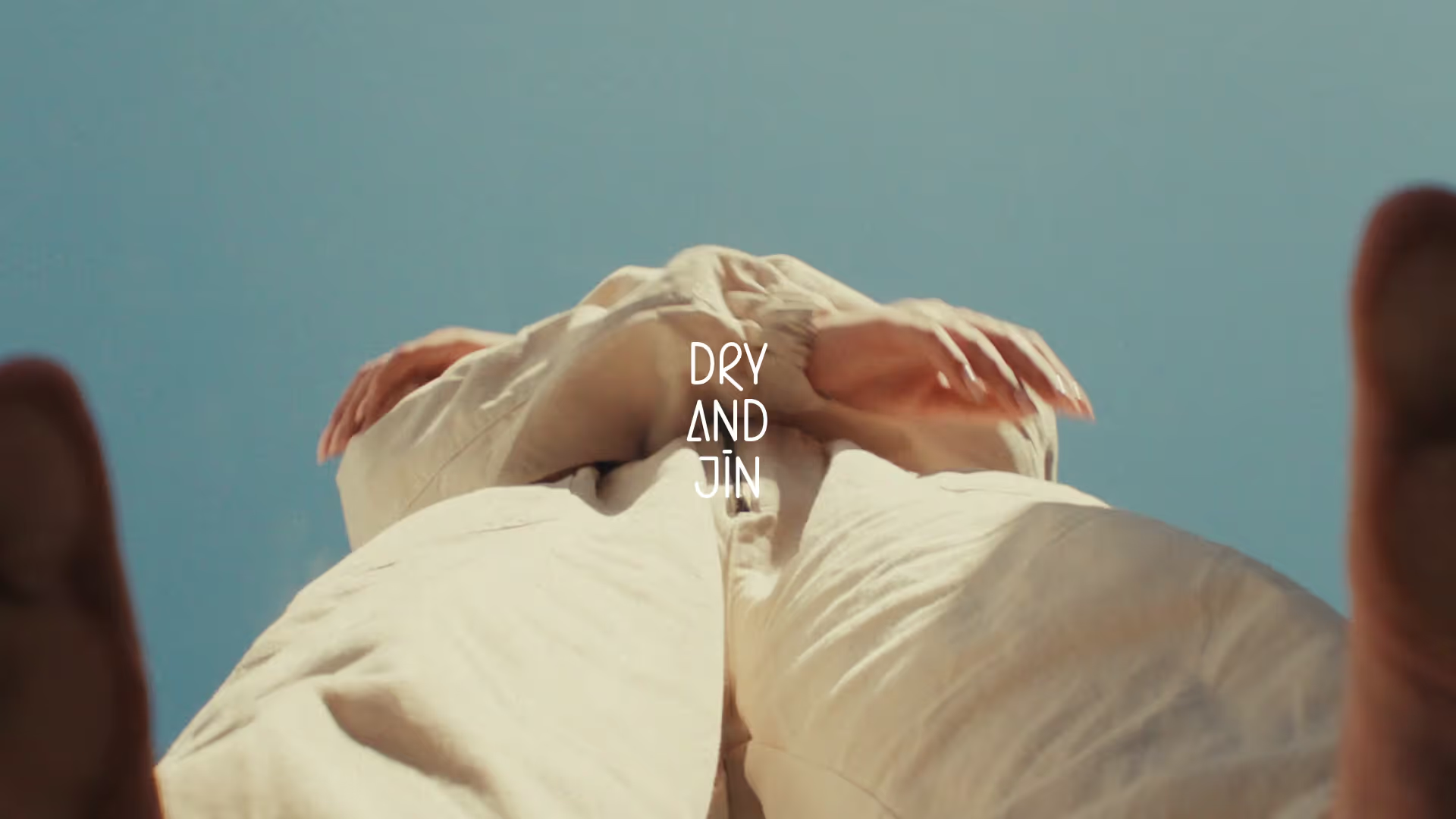Crafting Your Game Developer Personal Brand: Tips for Indie Devs
In the competitive landscape of game development, a strong personal brand is not a luxury, but a necessity for indie devs. It differentiates you, attracts collaborators, and opens doors to opportunities. Your personal brand is how the industry perceives you, your skills, and your unique vision.
Define Your Niche and Values
Understand what makes you unique as a game developer. Are you a specialist in pixel art, procedural generation, or narrative design? Identify your core values and the types of games you are passionate about creating. This clarity helps you articulate your brand consistently across all platforms.
Avoid the pitfall of trying to appeal to everyone; a broad, undefined brand resonates with no one. Focus on what you do best and what truly excites you.
Build an Impactful Online Presence
Your online presence is your digital storefront. A professional website or portfolio is crucial for showcasing your work and personality. This should be more than just a resume; it’s a curated exhibition of your projects, skills, and design philosophy. Platforms like Devpage offer a streamlined way to consolidate your projects and present a cohesive brand.
Choose social media platforms strategically where your target audience (players, publishers, other developers) is most active. LinkedIn, Twitter, and even dedicated game dev forums can be highly effective. Regularly share updates, insights, and behind-the-scenes glimpses of your development process.
Curate Your Portfolio with Purpose
Your portfolio is the cornerstone of your personal brand. It should feature your best work, not just your most recent. For each project, clearly explain your role, the challenges you faced, and the solutions you implemented. Include visual assets like screenshots, gameplay videos, and concept art.
Consider adding a short, compelling ‘elevator pitch’ for each game. This helps viewers quickly grasp the essence and your contribution. Emphasize quality over quantity; a few polished projects are more impactful than many unfinished ones. For inspiration on what indie devs realistically earn, which can inform your career branding goals, read ‘Realistically, How Much Does an Indie Game Dev Make Per Year?’ found here: Realistically, How Much Does an Indie Game Dev Make Per Year?.
Craft Your Elevator Pitch
Be prepared to articulate who you are, what you do, and what value you bring in a concise, memorable statement. This ‘elevator pitch for game’ developers should be adaptable for various contexts, from networking events to online introductions. Practice it until it feels natural and confident.
Your pitch should highlight your unique selling proposition. What problem do you solve, or what unique experience do you create? This is essential for quickly promoting your indie game or your skills.
Network Authentically
Networking extends your brand’s reach and builds valuable connections. Attend industry events, participate in game jams, and engage with online communities. Focus on genuine interactions and offering value, rather than simply asking for favors.
Remember that networking is a two-way street. Be supportive of other developers and share your knowledge. Building relationships based on mutual respect strengthens your brand’s reputation.
Maintain Consistency and Authenticity
Your personal brand should be a genuine reflection of who you are. Inconsistency in your messaging or values can erode trust. Ensure your online presence, portfolio, and interactions all align with your defined brand identity.
Authenticity builds credibility. Don’t try to be someone you’re not; let your passion and unique perspective shine through. This long-term commitment to consistency will solidify your brand.
Create a free account, or log in.
Gain access to free articles, game development tools, and game assets.

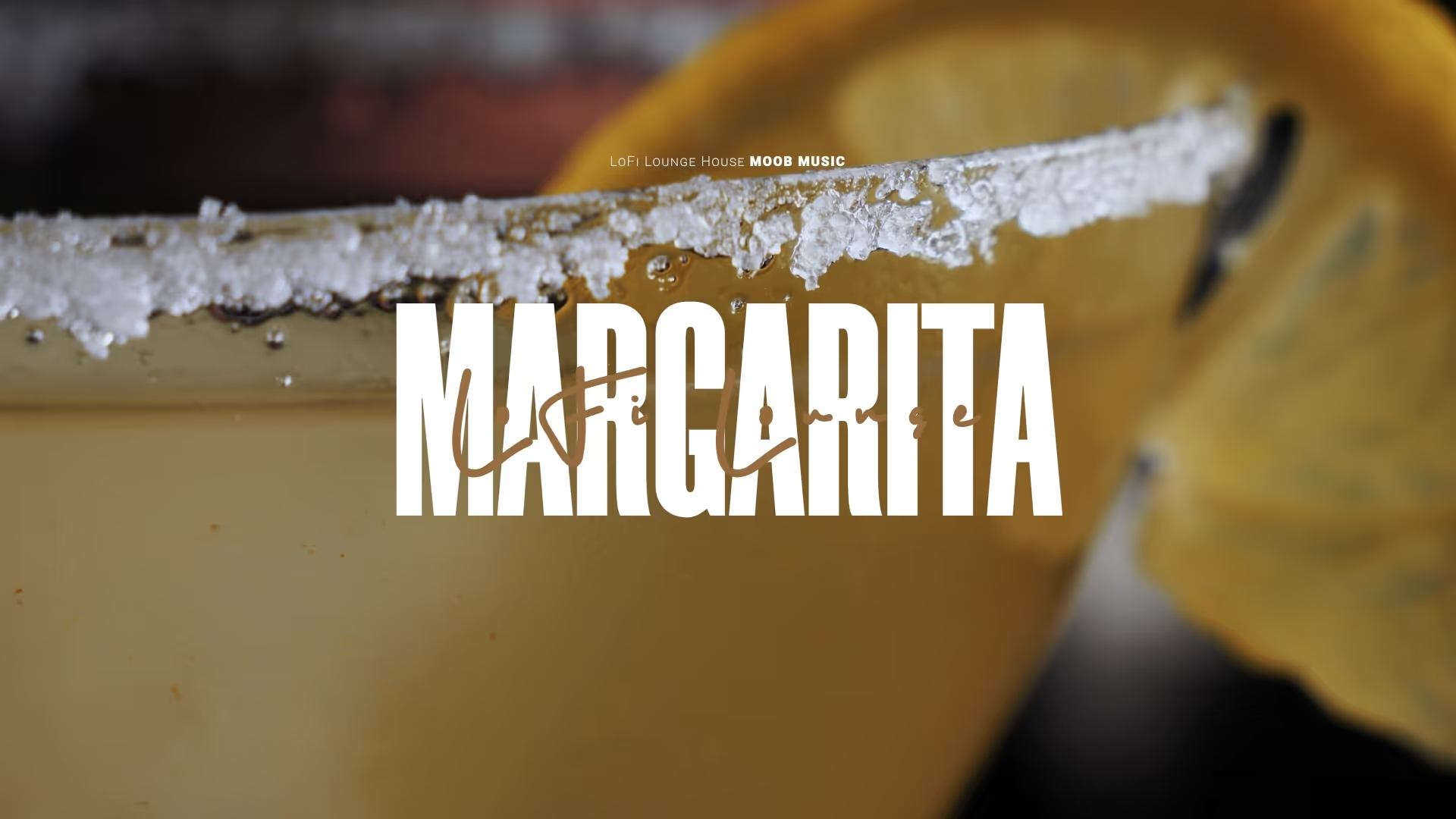





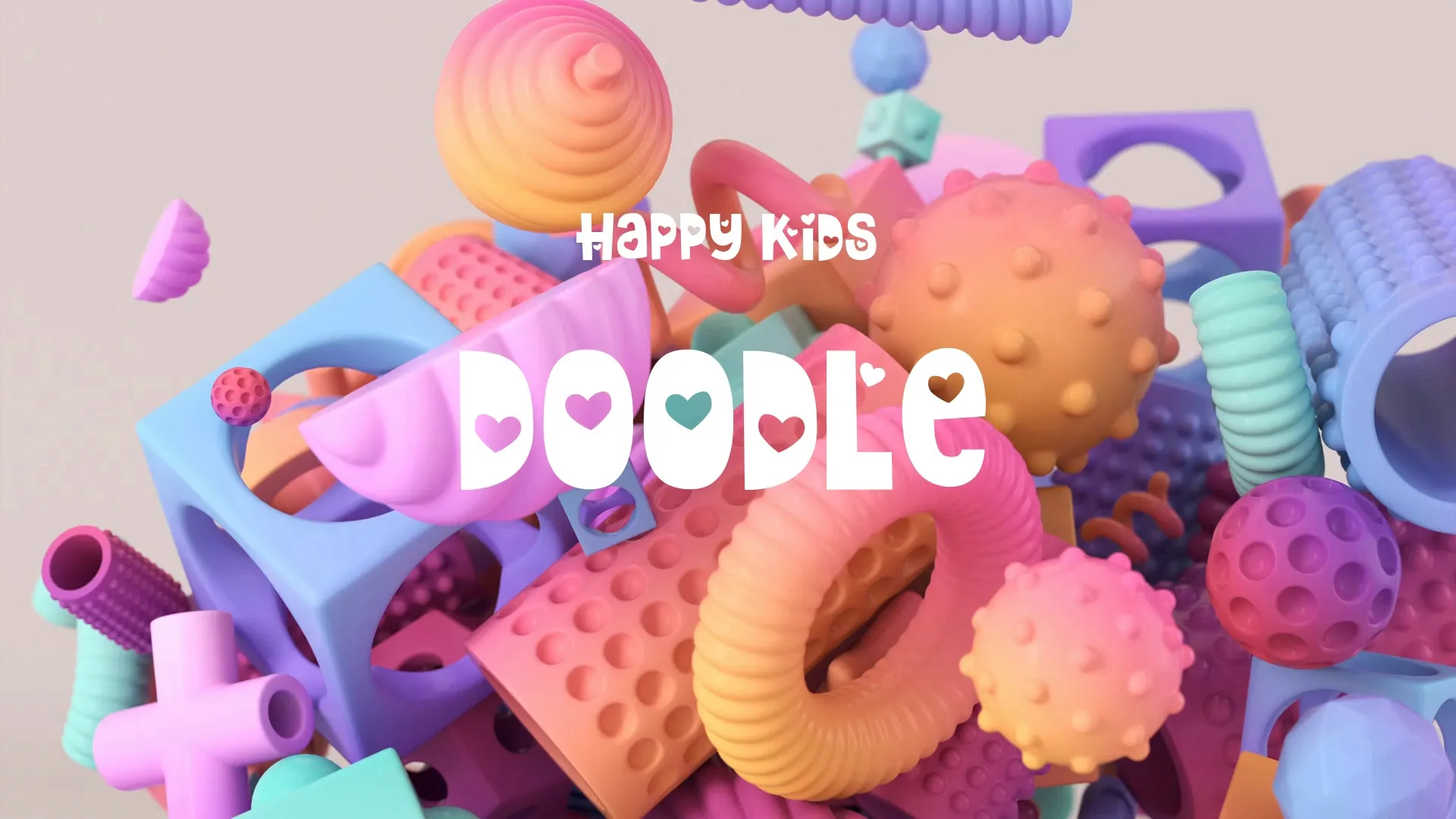

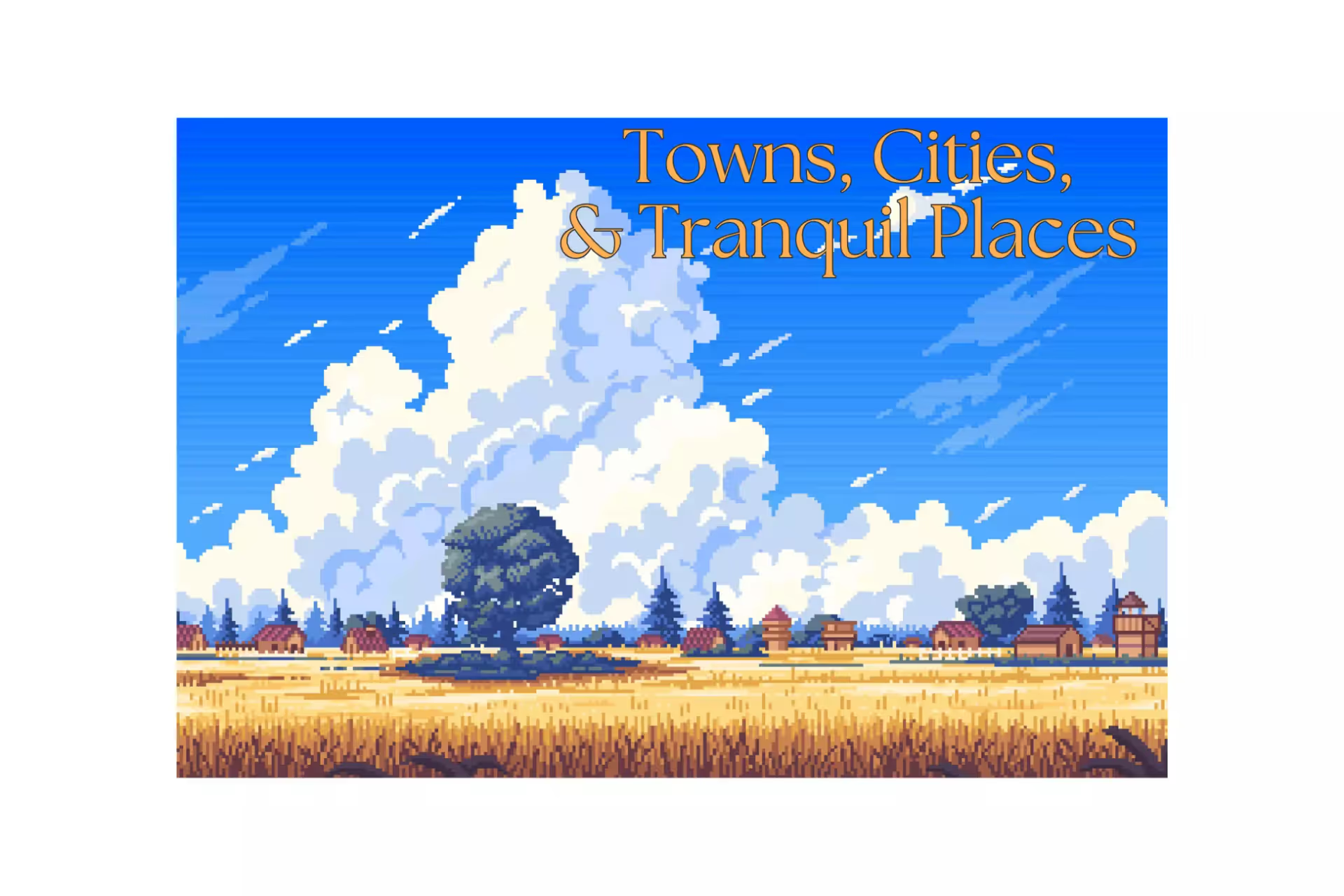
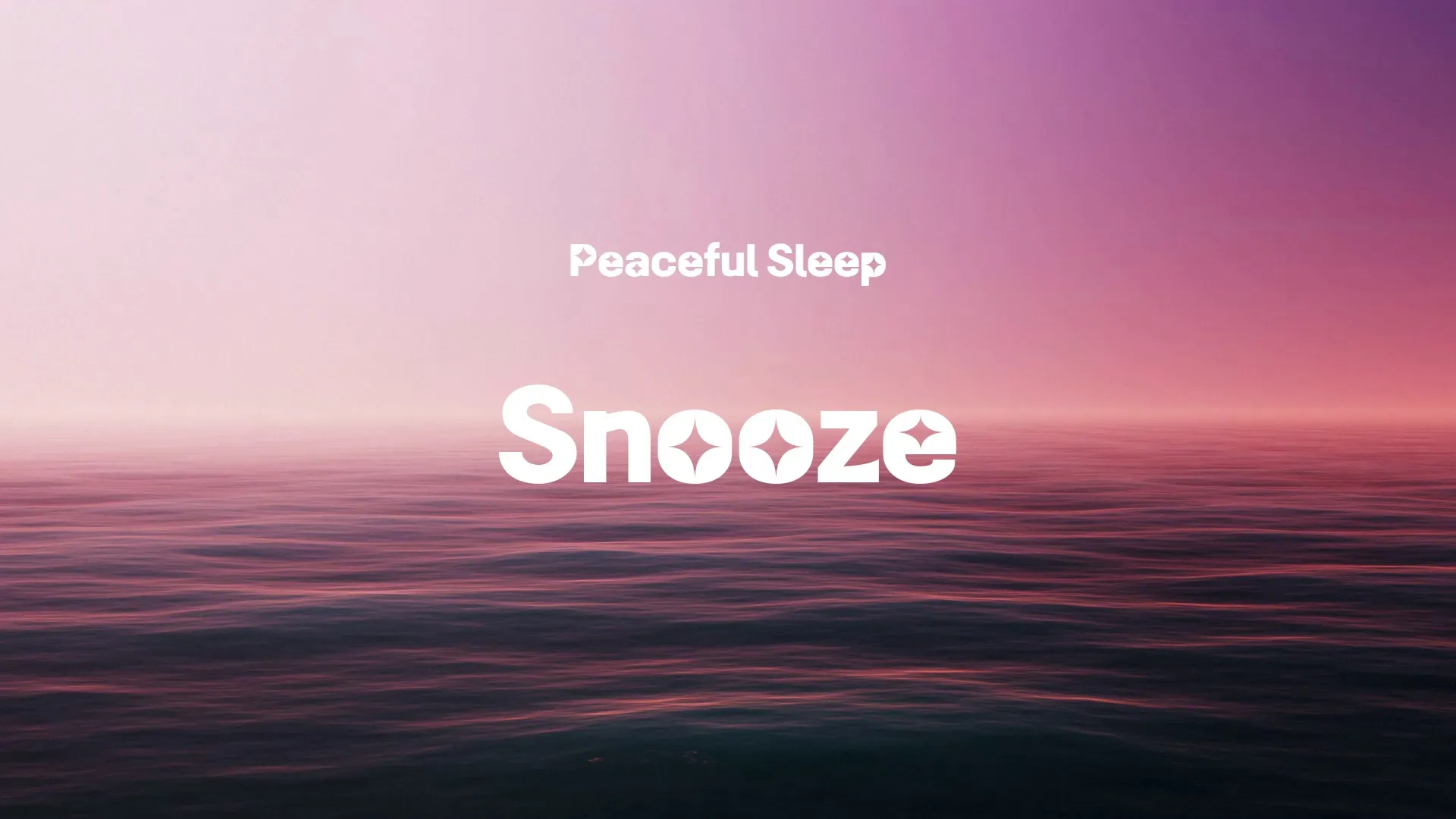
.webp)


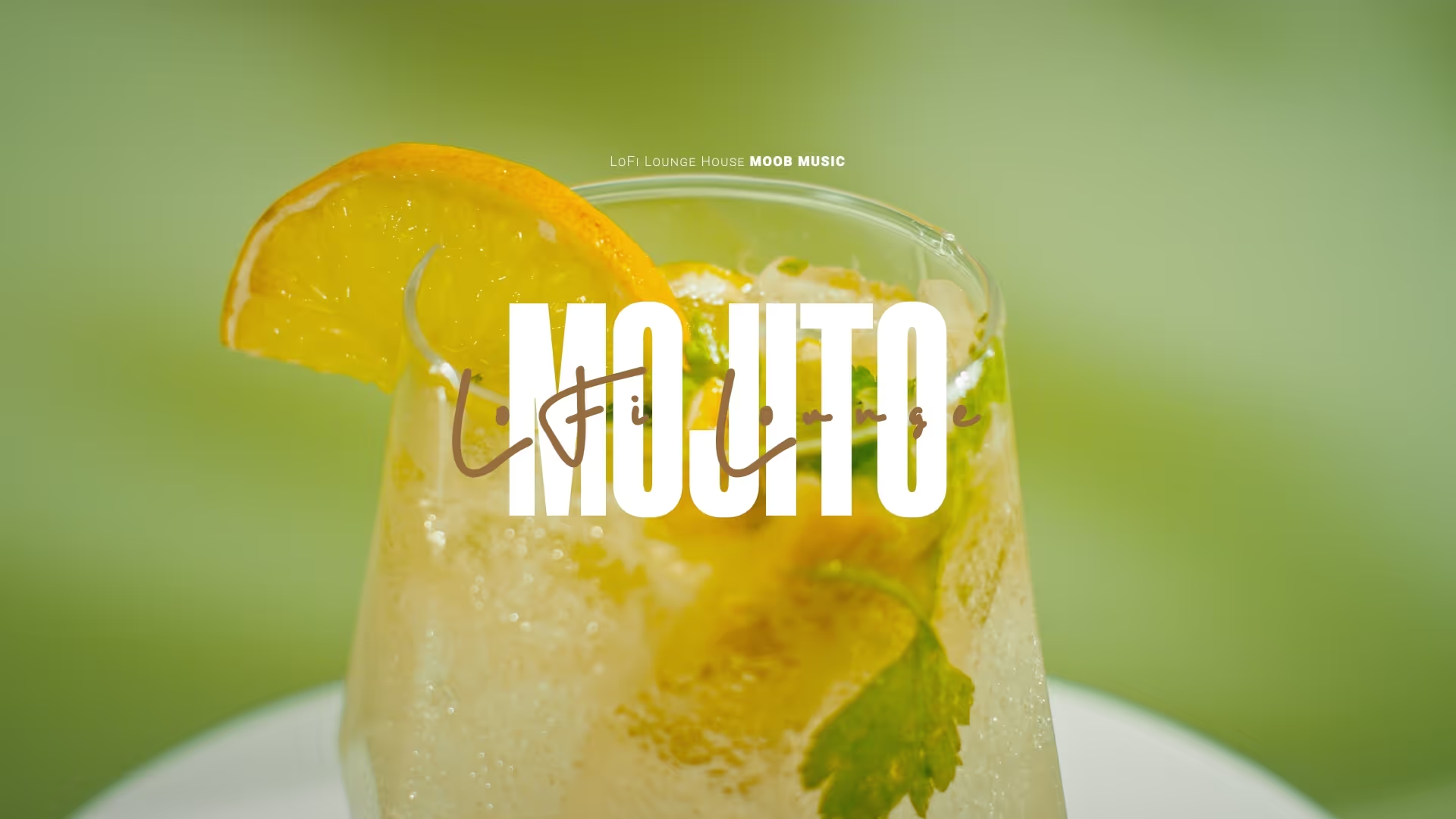
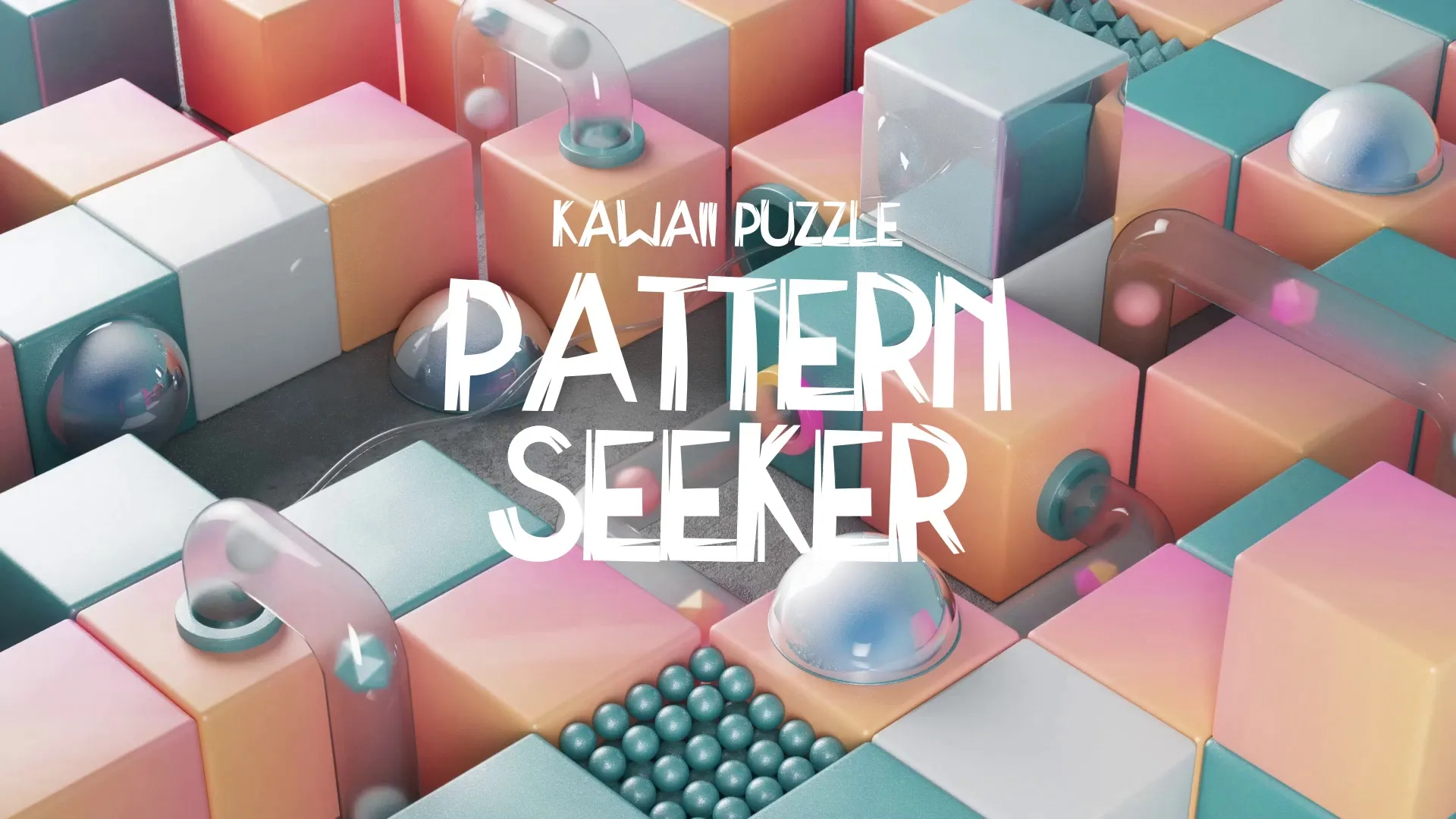
.webp)
